Let’s be honest, creating a pitch deck can feel like trying to impress a panel of mystery judges. You tweak the design, rewrite the intro slide 10 times, squeeze in impressive numbers… and still wonder, “Is this what they want?”
Here’s the truth: most founders are still building pitch decks based on outdated templates, recycled buzzwords, and assumptions that don’t reflect how investors actually evaluate deals today.
So let’s bust 10 of the most common pitch deck myths and unpack what investors really care about when reviewing your deck.
1. Myth: A Beautiful Deck Will Do the Talking For You
Reality: Pretty decks are nice. Clear decks get funded.
We’ve seen decks with fire animations, on-brand colours, and design agency polish still get ignored, because the actual story was confusing. Investors want to know what you’re solving, why now, and why you.
Keep it clean, not cluttered. Focus on clarity over creative flair. If it looks like a Behance portfolio but doesn’t answer basic questions, you’ve missed the mark.
2. Myth: You Must Use the “10 Slide” Rule
Reality: Your deck isn’t about hitting a number. It’s about telling a story.
Guy Kawasaki’s “10 slides” rule is a useful guideline but not a universal law. Some great decks are 8 slides. Some are 14. What matters more is that your deck flows well and builds investor conviction at every step.
Cut the fluff, but don’t cram five ideas on one slide because you’re scared of going over 10.
3. Myth: The Product Demo Should Come First
Reality: Investors don’t care about features until they care about the problem.
Lead with pain before solution. Hook them with the reality your target user is facing. Investors are trying to assess market size and demand, not your UI walkthrough.
Your product slide should come after they already believe this problem needs solving.
4. Myth: The Market Size Slide is Just Formality
Reality: This slide alone has killed more deals than you think.
Investors don’t want to see a slide that says “Africa’s fintech market is $100B.” That’s a lazy TAM grab. They want to know how much of that market you can realistically target, how fast, and with what wedge.
Break it down: Who are your customers? How much do they spend? How do you capture share?
5. Myth: A Great Team Slide = Fancy Logos
Reality: Traction > Titles. Experience > Employer brands.
Investors want to know your team is scrappy, aligned, and knows the space, not just that someone worked at Google once.
Instead of logos, talk about:
- How your background gives you unfair insight
- Previous wins (even failed startups count)
- Why this team is the one to bet on now
6. Myth: Your Deck Needs Big, Audacious Financial Projections
Reality: Every investor knows they’re made up. But still want to see them.
Projections are not about predicting the future. They’re about showing:
- You’ve thought about your business model
- You understand your growth drivers
- You’re not pulling numbers from vibes
Make sure your revenue logic holds up under scrutiny. If you say you’ll 10x users in 6 months, investors will ask how.
7. Myth: You Have to Sound “Investor-Smart”
Reality: Simplicity signals mastery.
You don’t need to say “synergistic monetisation channels via decentralised protocols” when what you mean is “we help customers make payments without internet”.
Clear decks win. If a 15-year-old can’t understand your product from the deck, you’ve got some rewriting to do.
8. Myth: You Can Copy a YC Deck and Just Add Your Logo
Reality: Fundraising isn’t a copy-paste game.
We’ve seen founders swap logos on template decks and wonder why they’re getting no responses. Investors can smell a generic deck from a mile away.
Build your deck from first principles:
- What’s your insight?
- What do your customers say?
- Why is this the right time to bet on you?
A great deck shows you’ve done the thinking, not just the formatting.
9. Myth: Your Deck Should Answer Every Possible Question
Reality: Your deck isn’t a white paper. It’s a conversation starter.
The goal of your deck is to get a meeting, not secure the investment on Slide 12. So don’t stuff it with every case study, customer testimonial, and product screenshot you have.
Give just enough to intrigue. Leave room for curiosity. Then show up and nail the conversation.
10. Myth: Once It’s Sent, You’re Done
Reality: Your deck is just one part of the investor journey.
This is where tools like Pitchwise come in. You can track who’s opening your deck, what slides they’re viewing, and whether they’re forwarding it internally.
And if they’re not responding, now you know whether it’s a follow-up issue… or a deck issue.
Bonus Truth: You’re Allowed to Evolve
Your pitch deck isn’t static. Update it. Test it. Refine it based on real investor convos.
If you’re constantly hearing, “This looks great, but we’re not sure how you’ll acquire users,” guess what? You need a better go-to-market slide.
The best founders aren’t emotionally attached to their deck. They’re obsessed with making it better.
If you’re a founder building your pitch deck, check out Pitchwise’s editable templates, deck analytics, and smart investor tools designed for African startups. Get started: app.pitchwise.se




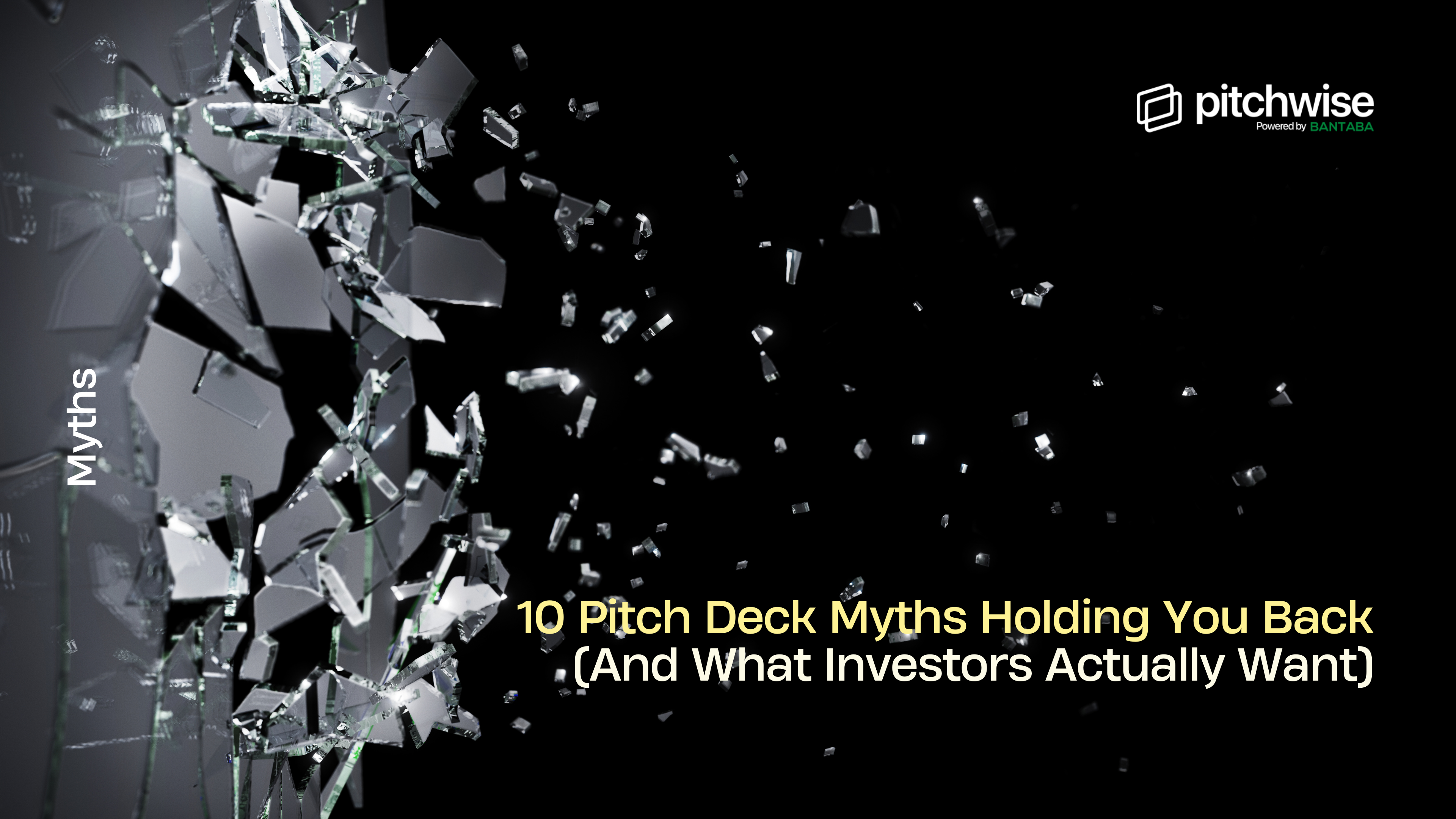



.png)


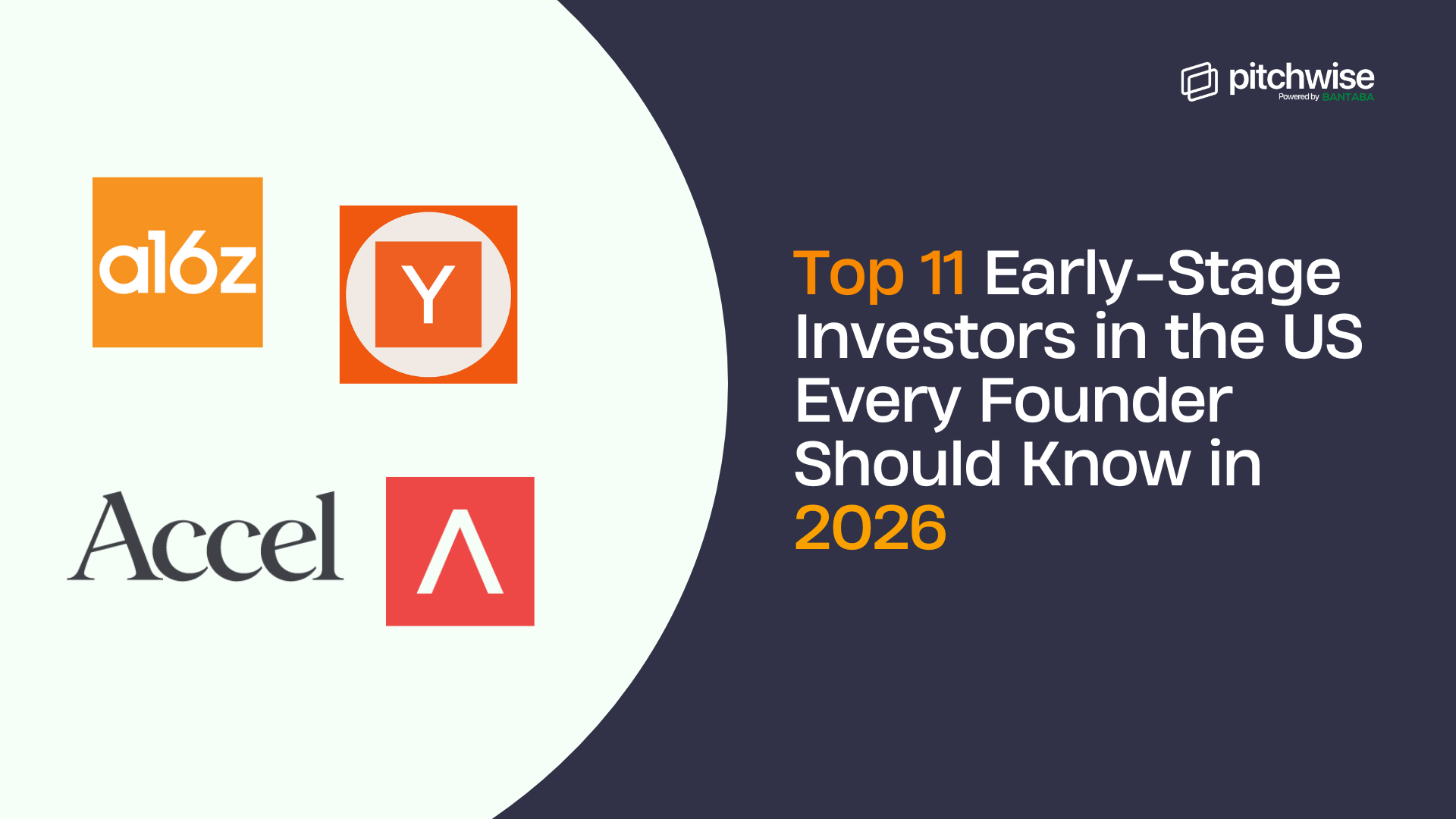
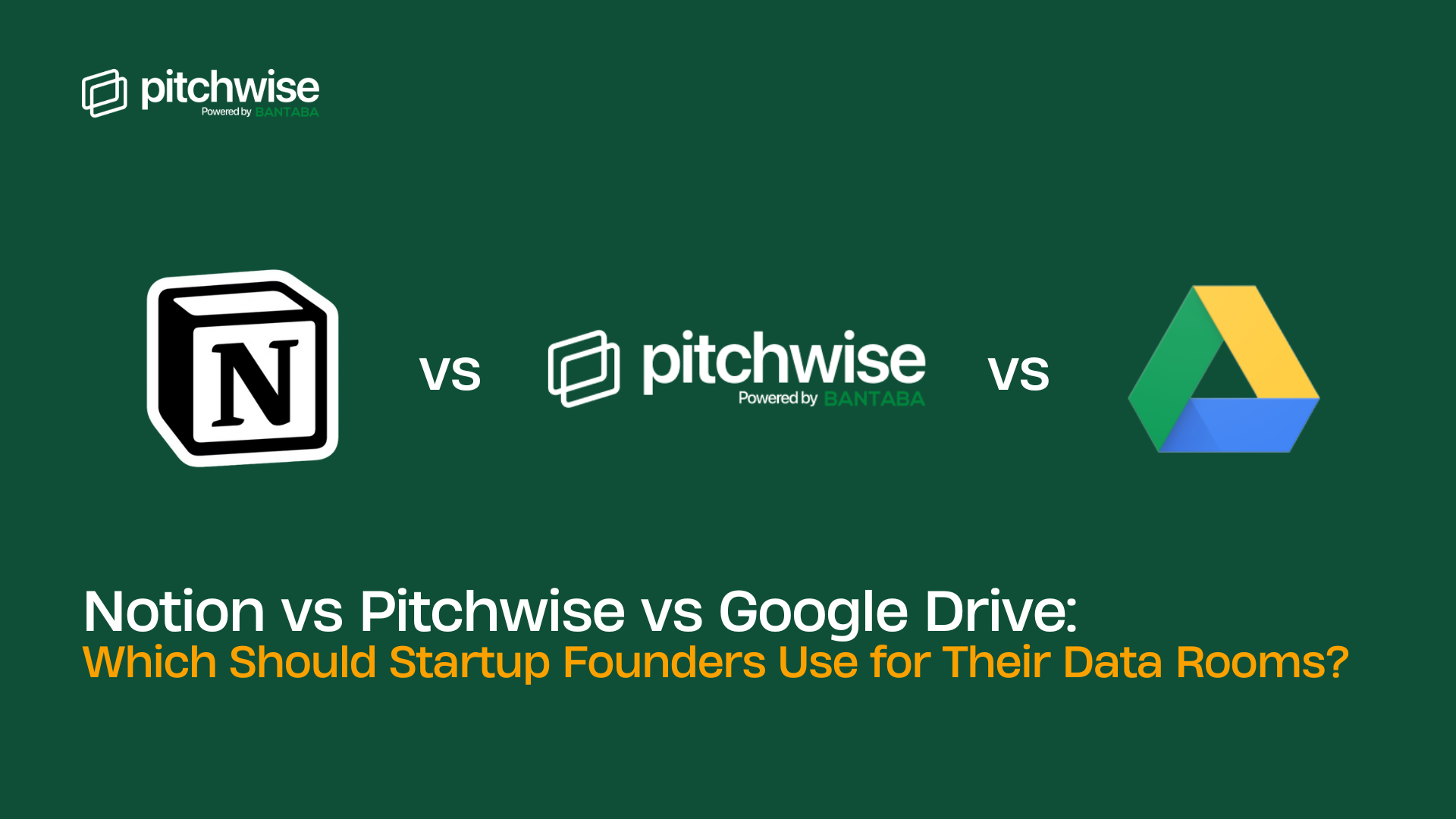

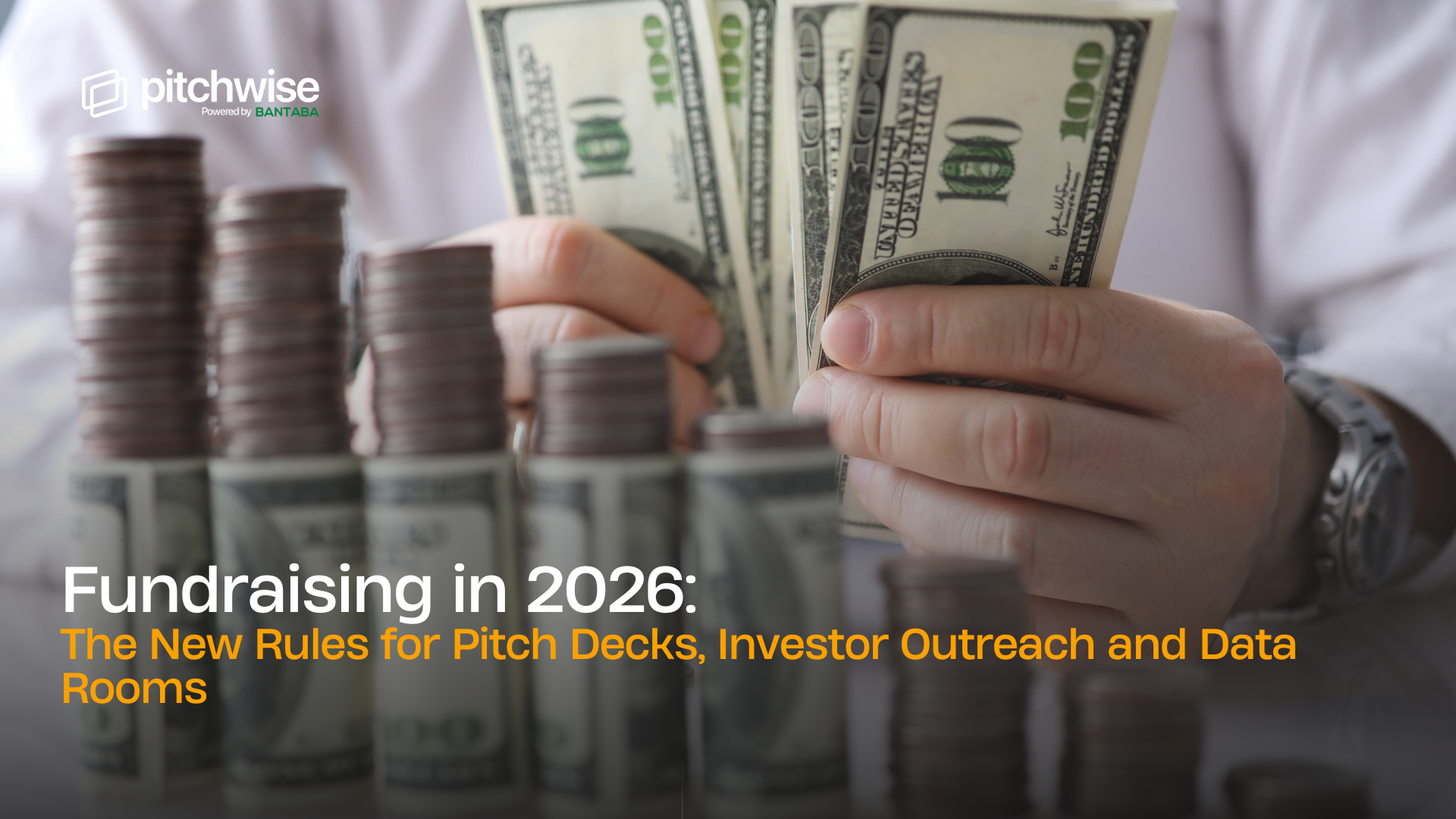



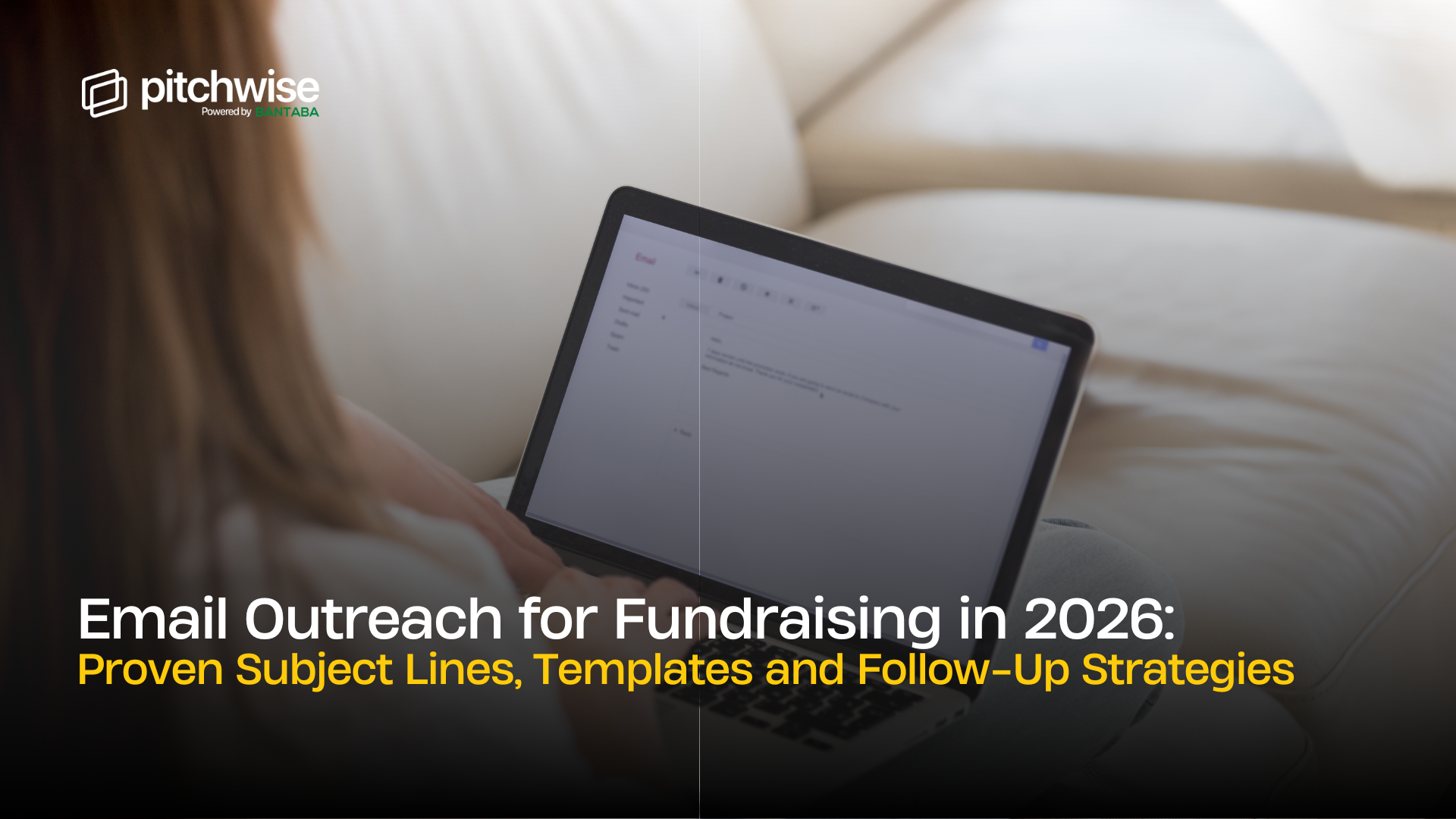
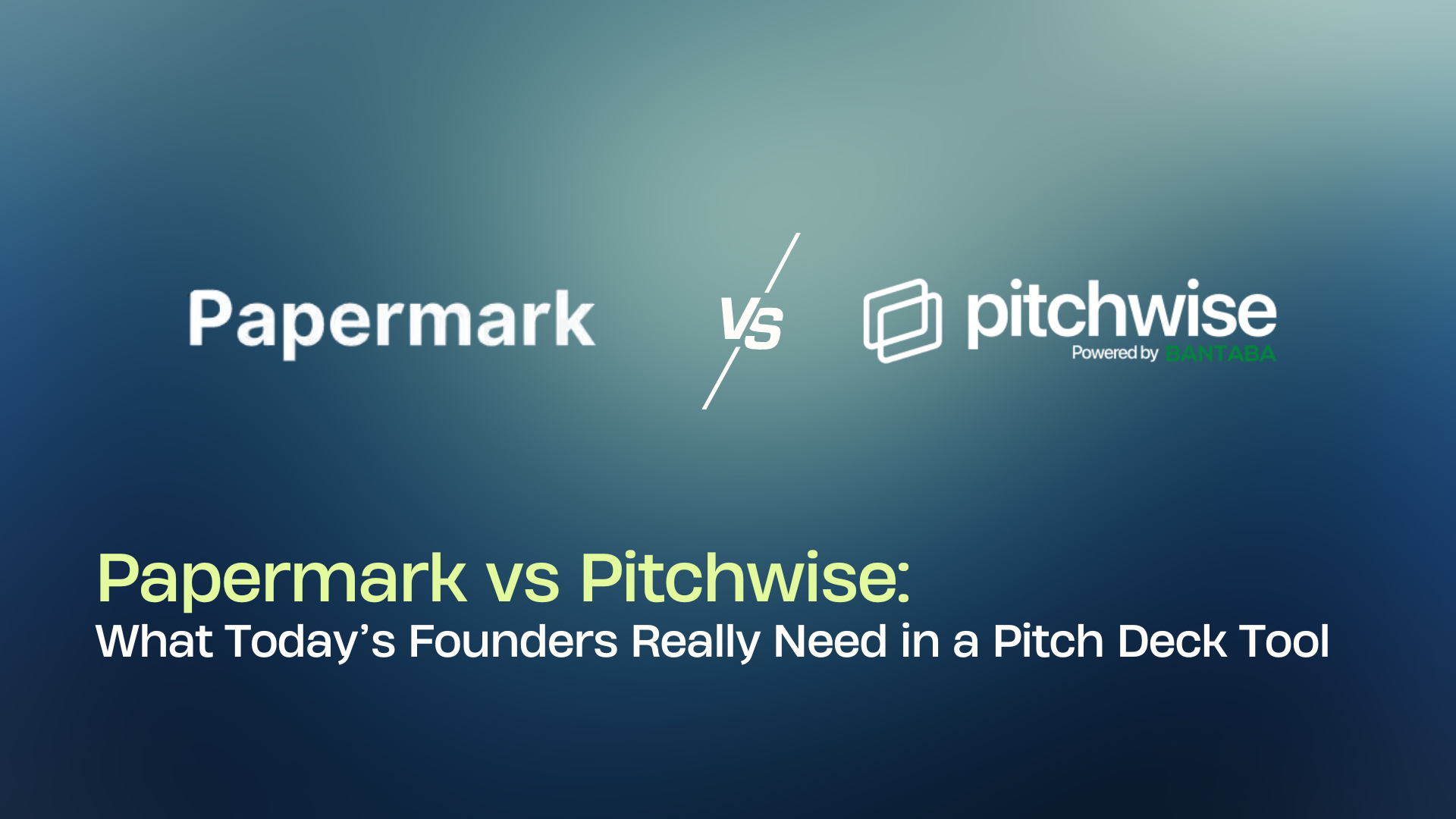

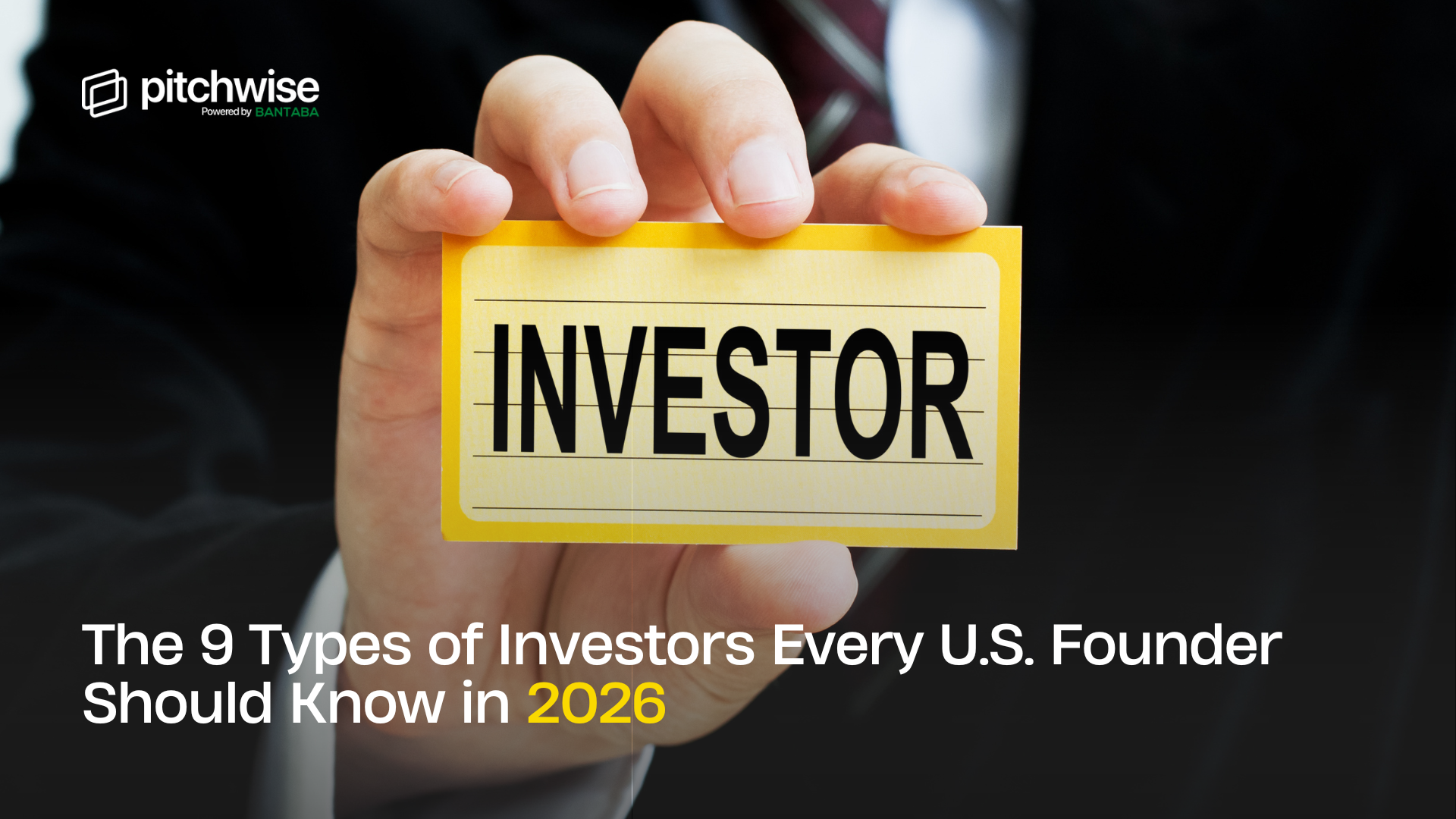


.png)


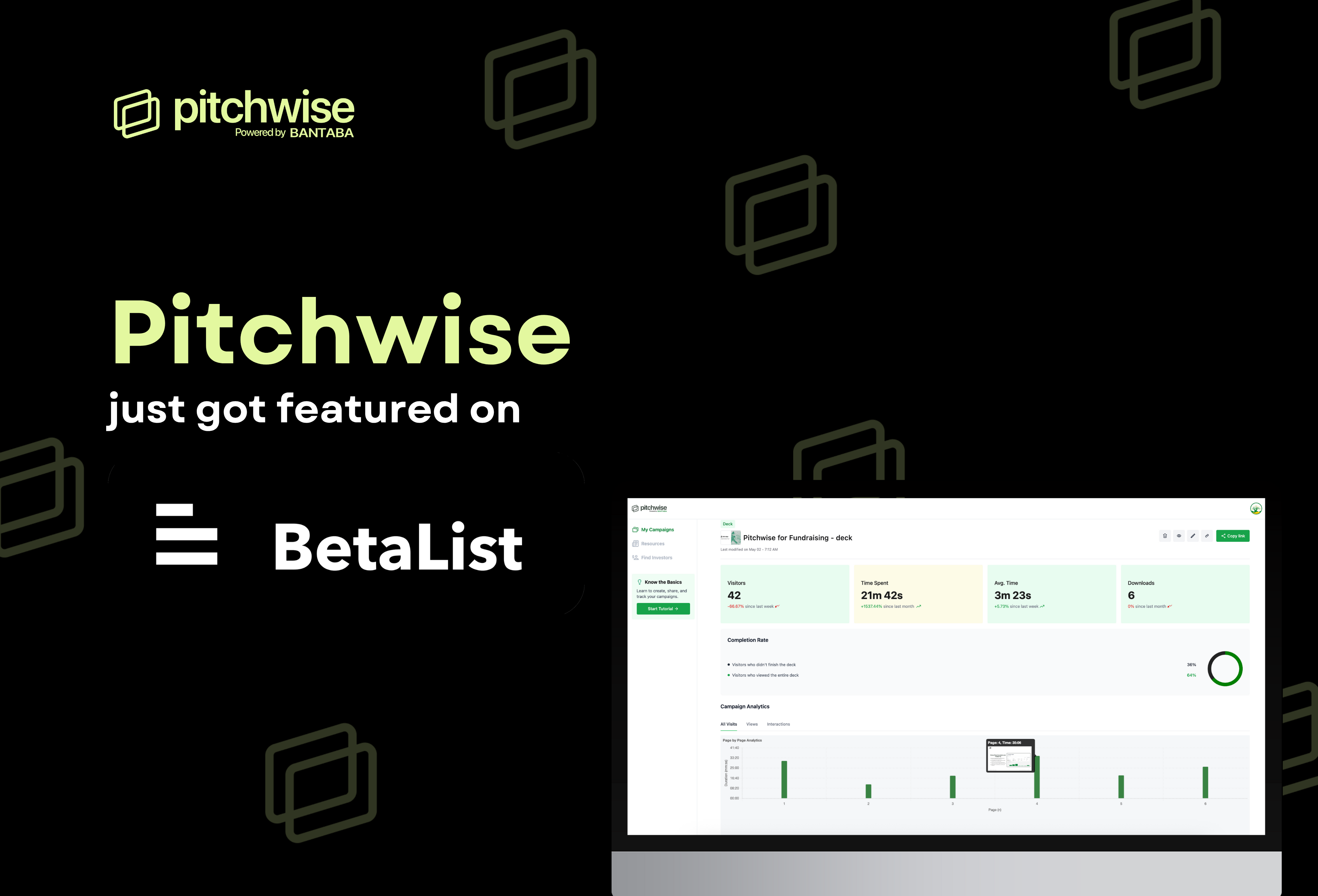




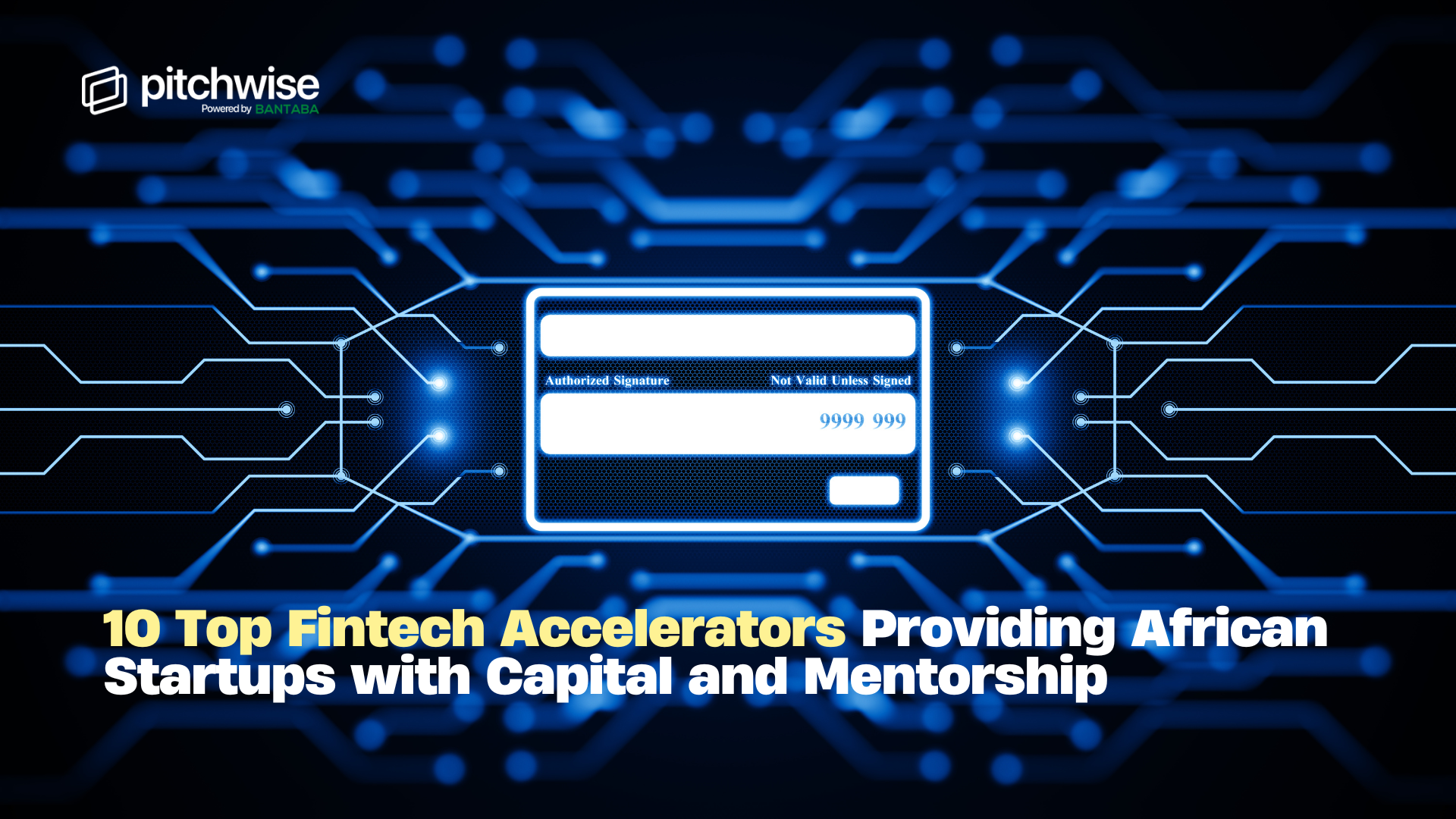
.png)



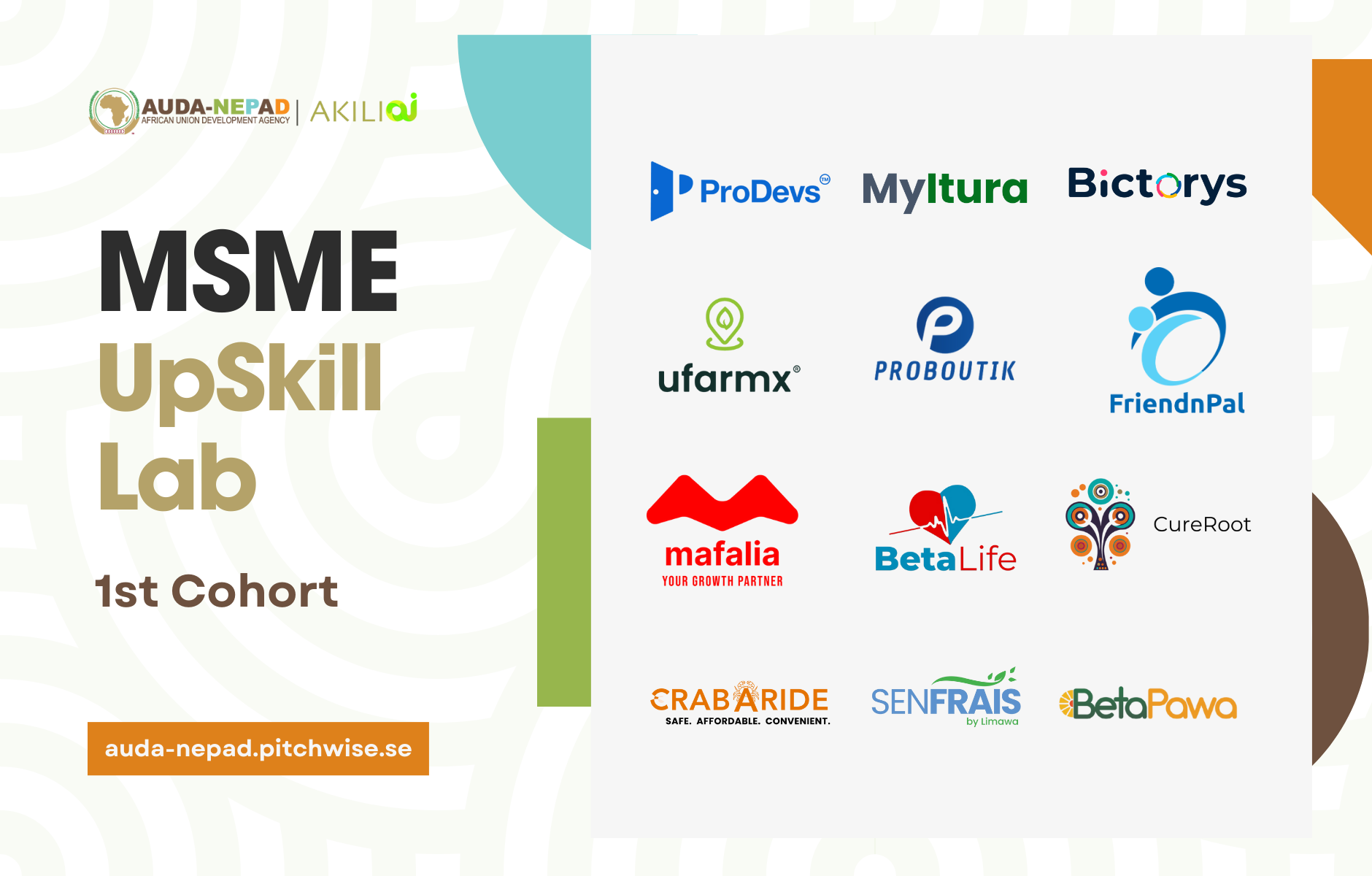





.png)
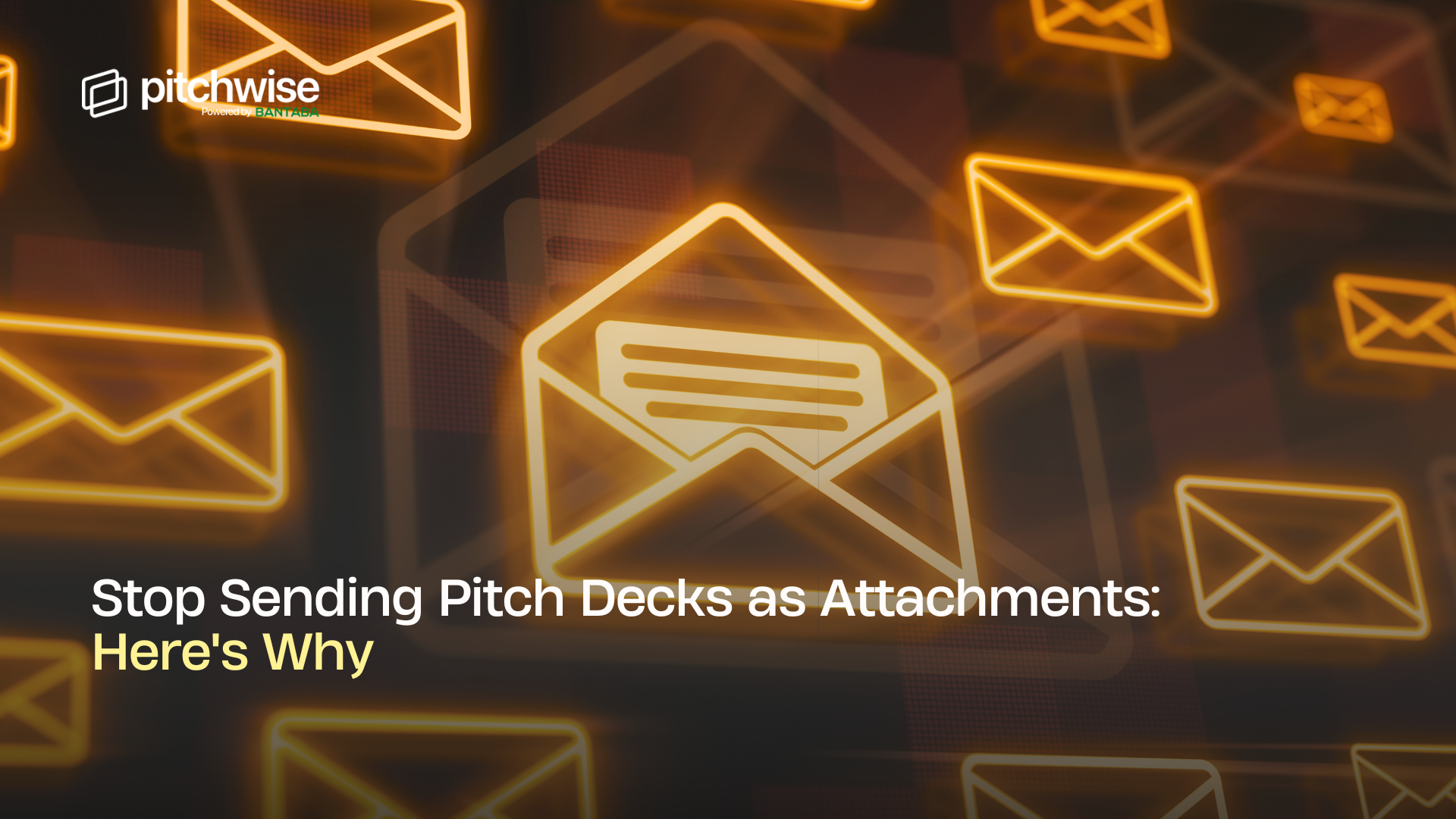



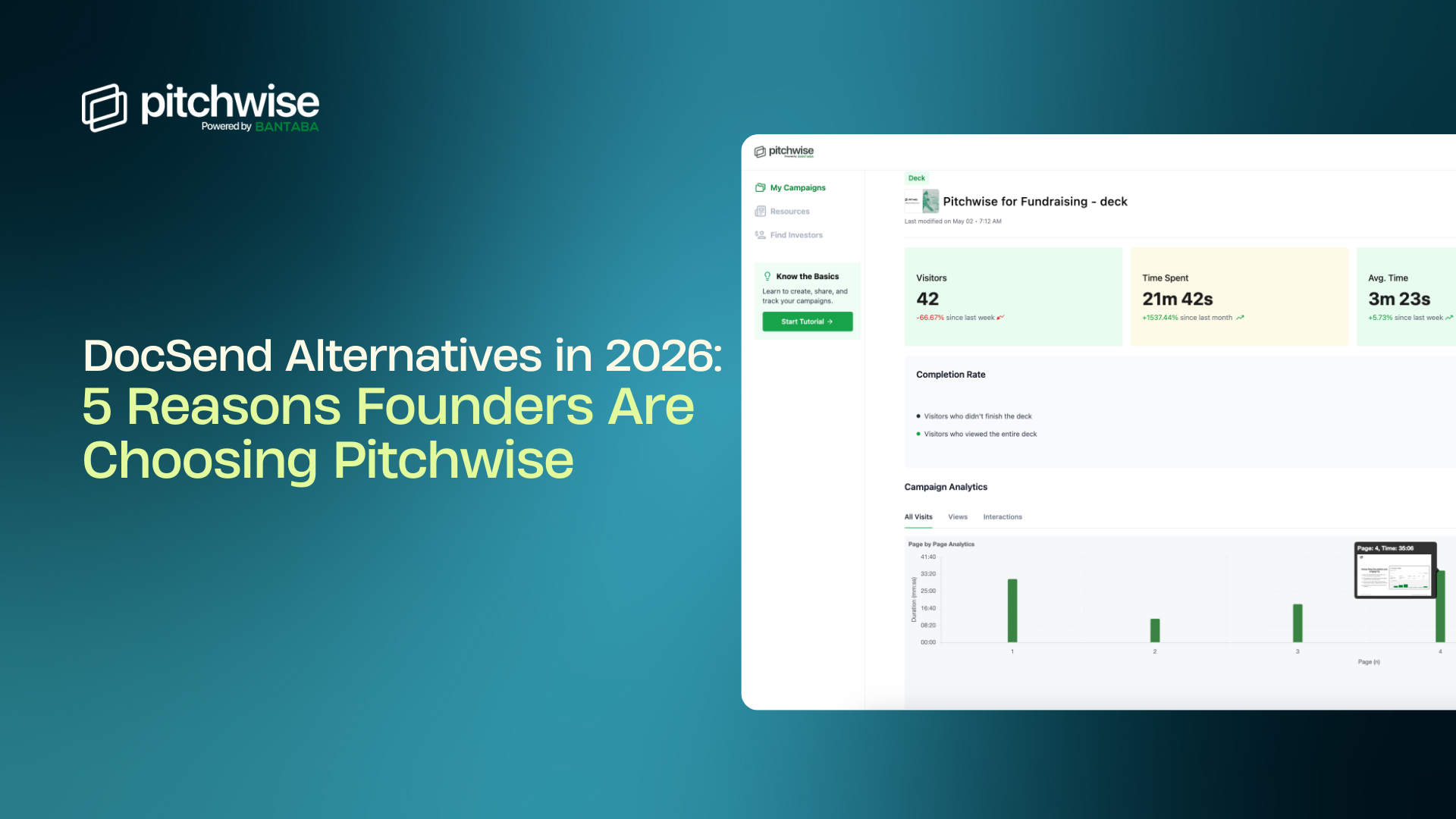










.png)

.png)



.png)
.png)


.png)
.png)



















